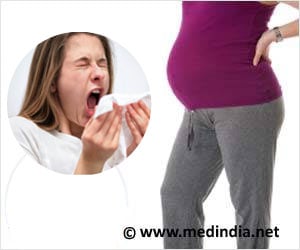Distribution of 690 tonnes of meat from an abattoir was halted by the Dutch health watchdog on Wednesday, when a probe found traces of horse in products marked as beef.

The investigation also found that the abattoir and wholesaler situated in the central town of Dodewaard "bought more horses than its book indicated were slaughtered."
"All meat, some 690 tonnes stored in the abattoir's fridges, has been blocked (from sale) until they can show its origin," the NVWA said.
It gave the business, named by Dutch media as Van Hattem Vlees, until next Monday to comply.
Last year, the NVWA arrested a Dutch butcher believed to be the kingpin in a Europe-wide scandal in which horse meat was passed off as beef.
When the horsemeat scandal erupted a year ago, governments scrambled to find out how the mislabelling of meat happened in the sprawling chain of production, spanning abattoirs and meat suppliers across Europe.
Advertisement
Though the scare first erupted in Ireland and Britain, there was no trace of horse-tainted products in either country, with the highest number found in France, Greece, Latvia and Denmark in that order.
Advertisement
Brussels has suggested tighter controls along the food chain as well as stiffer sanctions against food fraud.










